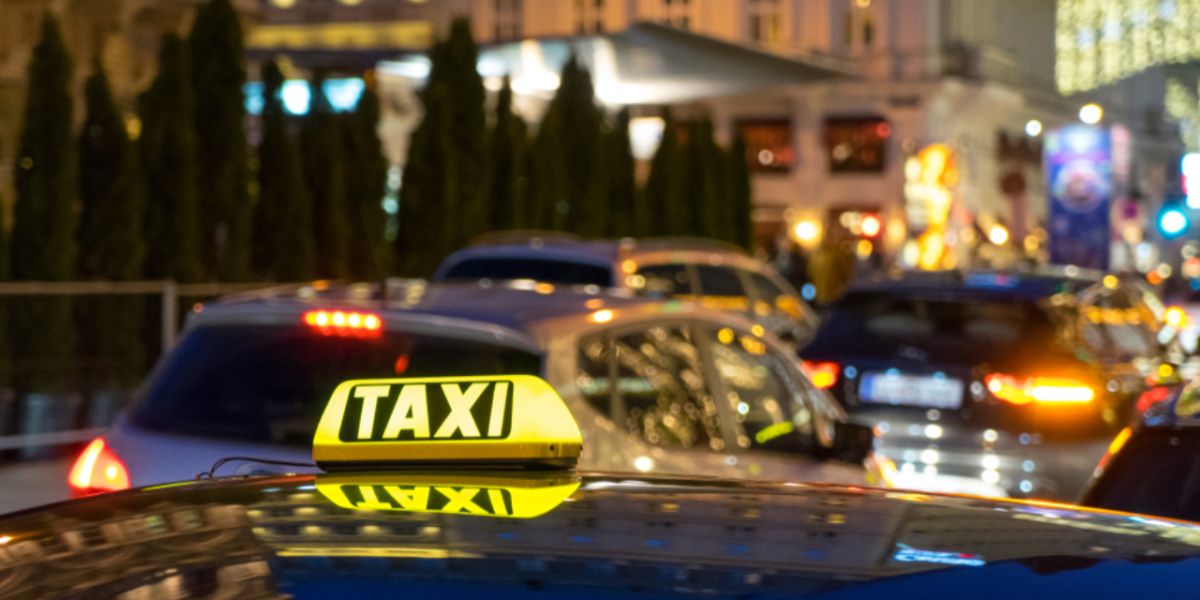
Austria has a number of modern airports that serve international and domestic flights. The largest airports, most likely to be used by expatriates, can be found in Vienna, Salzburg, and Innsbruck. These airports offer proximity to the city center and access to airports by public transportation.
Airlines in Austria
Austria's national carrier is Austrian Airlines, which codeshare with a wide range of international partners.
Trains in Austria
The Austrian train network is operated by OBB-Austrian Railways. The network also connects in with the European Interrail network, offering convenience for those traveling throughout Europe. The OBB network operates nationally, with most towns and cities having a railway stop. Train travel is a scenic way to see the country, and OBB offers very competitive fares for advance bookings. They also offer discounted multi-trip passes. Rail travel from Vienna to Salzburg takes under 2.5 hours. In 2022, ÖBB was one of the most punctual railways in Europe, with a punctuality rate of around 95%.
Buses in Austria
Bus travel in Austria is less common than train travel but is a great option to reach smaller towns that do not have railway stations or for those on a tight budget. However, bus travel is usually slower, as buses can make frequent stops. Buses can be used for inter-city or local travel.
Intercity buses in Austria are very modern, offering wifi, video, and power outlets. As with trains, the best fares can be found by booking well in advance. Bus stations are usually located next to train stations, which is helpful if you are traveling by both rail and bus.
Buses can also be used to reach international destinations, including Germany, France, the Czech Republic, and Switzerland.
Renting a car in Austria
Renting a car in Austria can be done easily over the phone or online before you arrive. Drivers must be at least 18 years old to rent a car, and drivers under the age of 25 may have to pay an additional surcharge. To rent a car, you can use your local driving license as long as you have been in the EU, or will be, for less than six months. If you will be in the EU for a longer time, or if your license has non-Latin characters, then you should obtain an international driving license before you arrive. This can be done easily in your home country. If you wish to rent a car in one location and return it elsewhere, there may be an additional fee to cover the relocation.
Public transport, bikes and taxis in Austria
Public transport works excellently in Austria, especially in the big cities. It is possible to buy a single ticket or a 24-, 48- or 72-hour ticket, or a weekly ticket (valid from Monday to Friday) as well as a monthly ticket at one of the ticket machines at every metro stop, online or in a tobacco shop. In the meantime, even modern trams often provide ticket vending machines. If you live in Vienna, you can also order a personalized annual ticket for the equivalent of just one euro per day.
In many cities, you can also rent city bikes for just a few euros at any time at various locations.
Taxis must always switch on their taxi meter. However, there are also fixed rates to the airport. Alternatives to the classic taxi are Uber and Bolt, but all their cars must have an illuminated sign on them and be clearly recognizable, according to Austrian law.
Traffic regulations in Austria
The roads in Austria are usually modern and very well-maintained, making it easy for drivers. Many highways, or autobahns, are toll roads. Therefore, you will need a toll pass, called a vignette so that you can pay the tolls. Rental cars will include this pass, but if you have your own vehicle, they can be purchased in local shops and petrol stations. The tolls can also be paid online by purchasing a so-called vignette on the Asfinag website or via the Asfinag app. It is valid for either ten days, two months or one year.
Important:
It is important to wear a seatbelt at all times. It is also compulsory to wear seat belts in the rear seats. The speed limits are generally 50 km/h on urban roads and 130 km/h on a motorway (Autobahn) unless signed otherwise. Roads that lead overland, the so-called fast roads (Schnellstraßen), have a speed limit of 100 km/h.
Useful links:
We do our best to provide accurate and up to date information. However, if you have noticed any inaccuracies in this article, please let us know in the comments section below.








